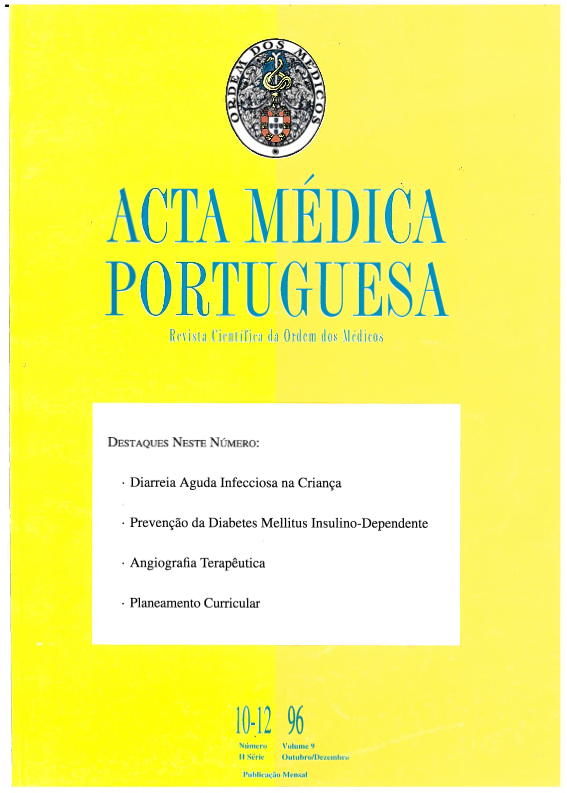Statistics and medical decision making.
DOI:
https://doi.org/10.20344/amp.2614Abstract
Statistics is the science that studies variability in all its forms and, in essence, is an instrument that allows us to analyze variable phenomena and detect small, but nevertheless important, differences. The instrumental character of this science made Statistics a fundamental tool for the study of biological and clinical phenomena, but the purpose of this discussion is to focus on the fact that Statistics, either directly or indirectly, is presently the basis of virtually all medical decision-making processes and, consequently, has had a major influence on clinical practice itself. Disease prevalence, the consideration of risk factors, for instance, which is information of great importance in the process of diagnosis, is obtained through studies that are based in statistical methodologies. It is, however, in the decision-intensive processes of selecting diagnostic examinations, choosing the best therapy and evaluating the prognostic implications, that Statistics have had a more direct impact on clinical practice. In modern Medicine, Statistics may no longer be seen as a set of techniques that are applied in scientific research. Rather, Statistics should be understood as the appropriate language for describing and discussing observed phenomena.Downloads
Downloads
How to Cite
Issue
Section
License
All the articles published in the AMP are open access and comply with the requirements of funding agencies or academic institutions. The AMP is governed by the terms of the Creative Commons ‘Attribution – Non-Commercial Use - (CC-BY-NC)’ license, regarding the use by third parties.
It is the author’s responsibility to obtain approval for the reproduction of figures, tables, etc. from other publications.
Upon acceptance of an article for publication, the authors will be asked to complete the ICMJE “Copyright Liability and Copyright Sharing Statement “(http://www.actamedicaportuguesa.com/info/AMP-NormasPublicacao.pdf) and the “Declaration of Potential Conflicts of Interest” (http:// www.icmje.org/conflicts-of-interest). An e-mail will be sent to the corresponding author to acknowledge receipt of the manuscript.
After publication, the authors are authorised to make their articles available in repositories of their institutions of origin, as long as they always mention where they were published and according to the Creative Commons license.









